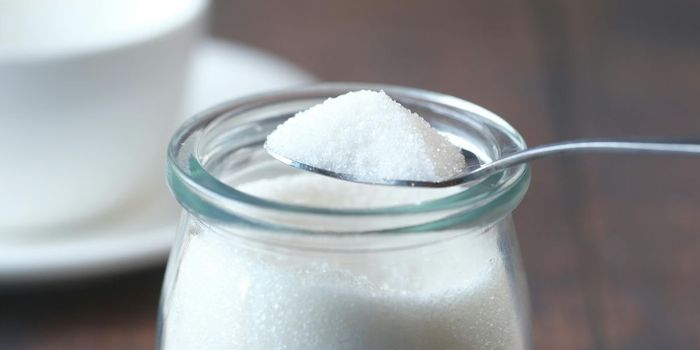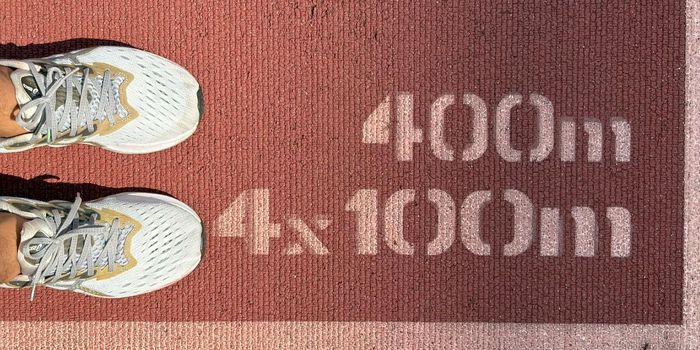20-Minute Cycle Boosts Cognitive Performance After Sleep Deprivation

Research shows that around 40% of the global population is sleep-deprived. Sleep deprivation ranges from partial sleep deprivation (TSD), where an individual gets less than 7 hours of sleep per night, to total sleep deprivation (TSD), where an individual remains awake all night.
In the short term, a lack of sleep can result in reduced cognitive performance, impaired judgment, and reduced emotional capacity. Chronic sleep deprivation, however, can increase the risk of conditions like cardiovascular disease, obesity, and neurodegenerative disorders.
Sleep deprivation often occurs with other stressors. For example, those who visit high-altitude places may experience hypoxia or reduced oxygen, which can also reduce cognitive performance.
Author of the current study, Dr. Joe Costello, from the University of Portsmouth's School of Sport, Health & Exercise Science (SHES), said in a press release: “We know from existing research that exercise improves or maintains our cognitive performance, even when oxygen levels are reduced. But this is the first study to suggest it also improves CP after both full and partial sleep deprivation, and when combined with hypoxia."
For the study, the researchers conducted two experiments with 12 healthy participants in each. In the first experiment, participants were allowed five hours of sleep per night for three days. Each morning, they underwent cognitive testing while resting and then while partaking in a moderate-intensity 20-minute cycle.
In the second experiment, participants were kept awake for an entire night and then put in a low-oxygen environment. Once again, they were cognitively assessed before and during a 20-minute cycle.
Ultimately, the researchers found 20 minutes of moderate exercise improved cognitive function in all conditions.
To explain their findings, the researchers noted that exercise might improve cognitive performance by increasing cerebral blood flow and oxygenation. They further noted that improvements during low oxygen could result from changes in quantities of brain regulating hormones like catecholamines, alongside psychophysiological factors including cerebral blood flow, arousal, and motivation.
The researchers that only healthy, young people were included in their study and that many had to be withdrawn due to adverse events. They thus hope to include more diverse participants in future studies investigating the link between cognitive performance and stressors.
Sources: Neuroscience News, Physiology and Behavior








